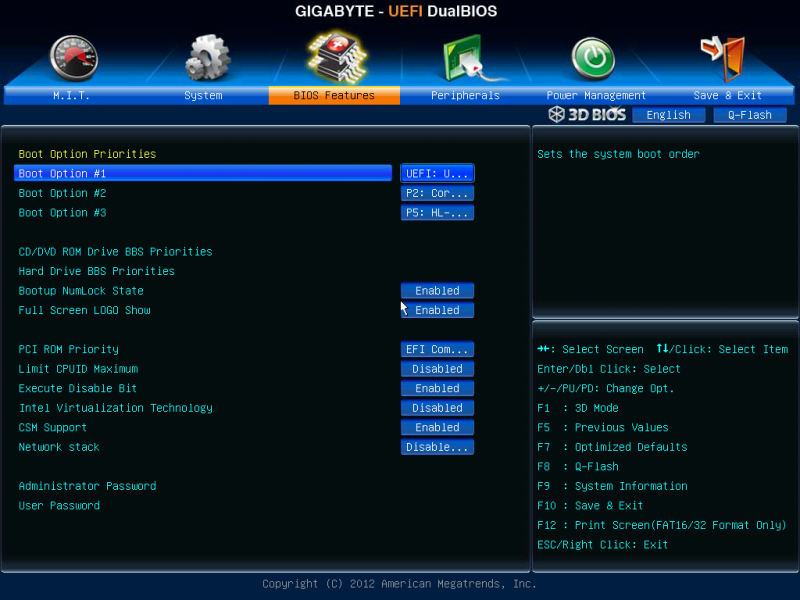
I recently decided to see what it would take to build and run the UEFI emulator in the EDK11 on 64-bit Fedora 14.

In November 2010 a snapshot of the EDK11 called UEFI Development Kit 2010 was released which contained a Unix package. However in the last year the project was opened up and moved to SourceForge in the form of a main project and a number of subprojects. The end result is that the EDK11 build system is much easier to port to new platforms.įor a number of years the EDK was hosted by TianoCore on their own website.
#UEFI EMULATOR MAC CODE#
In its place is a much more logical partitioning of the source code into what is termed packages and a much more flexible build system. Gone are the dependencies on Visual Studio and MASM. From a developer’s perspective, the main difference between EDK and EDK11 is the enhanced build environment. Officially the EDK11 is the response to the UEFI community’s request for a better build and version tracking environment for UEFI and PI (Platform Initialization) development. The assembler included with Visual Studio is not sufficient. If you do not already have a copy, or cannot obtain a copy, you cannot build the EDK. I have built both 32-bit and 64-bit versions of DUET using Visual Studio 2010 by modifying some of the build scripts but there is no easy replacement for MASM 6.15. In order to build the EDK out of the box, you need specific versions of Microsoft Visual Studio (VS2003 or VS2005) and a specific version of the Microsoft Assembler (MASM 6.15). I was one of those people who used the EDK back in the early 2000s.

#UEFI EMULATOR MAC WINDOWS#
EFI was initially developed for the IA64 (Merced/Itanium) platform and the EDK, running on 32-bit Windows NT X86, was used by engineers in a number of companies to develop the firmware utilities and boot managers for their initial Itanium offerings. One of the major problems with the EDK is that the build environment is very much Microsoft Windows centric. Build tips (targets) include a Win32 (NT32) UEFI emulator and DUET (Developer’s UEFI Emulation) which create an emulated environment where you can test EFI applications and code without the need for an actual EFI-enabled Platform. It includes source code, makefiles and binaries for the reference EFI Shell.

The EFI Development Kit (EDK) contains the public part of the original reference EFI implementation developed by Intel.


 0 kommentar(er)
0 kommentar(er)
